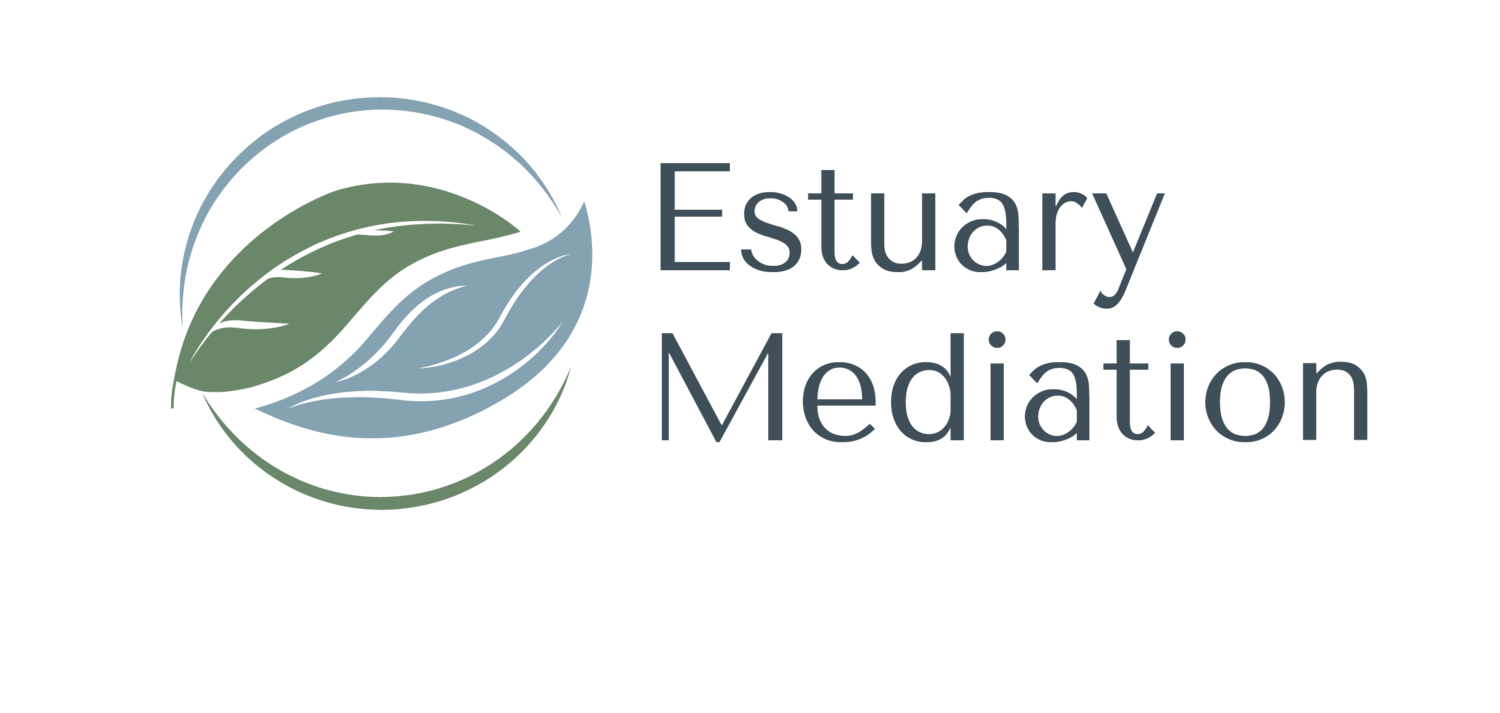
Amidst conflicting and disruptive forces, Estuary Mediation creates opportunities for calm, cooperative decision-making and for finding healthy ways forward.
Founded and directed by Dorcas Lee, certified mediator and social worker (RSW, MSW, RRM).
Estuary Mediation specializes in
Counselling
Even the strong struggle.
I work with individuals, couples, and families navigating hardship, including sudden and complex health problems, grief and trauma, relational strain, and decision-making in high-stress situations.
Mediation
Conflict is hard to navigate.
I help families to move in healthy ways through challenges such as separation/divorce, conflicts between teens and parents and among adult siblings, and intergenerational communication.
Conflict Coaching and Workshops
Conflict Resolution Skills can be learned.
I support my clients in learning skills, tools, and strategies for managing and resolving disputes on their own.

What is the difference between Counselling and Mediation?
Both counselling and mediation involve working towards resolutions, but they serve different purposes and involve distinct processes.
Key differences
Purpose: Counselling is focused on personal growth and emotional support, while mediation is focused on resolving specific disputes.
Role: Counsellors provide emotional support and guidance; mediators facilitate negotiation and conflict resolution.
Approach: Counselling is often an ongoing process, while mediation is typically a shorter-term, issue-specific process.
Counselling
Goal: Counselling focuses on personal growth, emotional well-being, and overcoming specific issues or challenges. It aims to support individuals (or sometimes groups) in understanding and resolving their feelings, thoughts, and behaviors.
Process:
Therapeutic Relationship: Counsellors build a trusting relationship with their clients to explore personal and emotional issues in a safe and confidential environment.
Session structure: Sessions often involve talking through problems, developing coping strategies, and fostering self-awareness and personal development.
Scope: Can address a wide range of issues, such as mental health, relationship problems, stress, trauma, or life transitions.
Mediation
Goal: Mediation aims to resolve specific disputes or conflicts between parties. The goal is to reach a mutually acceptable agreement or solution.
Process:
Facilitation: A neutral third party, the mediator, facilitates discussions between the conflicting parties. The mediator helps ensure communication is constructive and focused on resolving the dispute.
Session Structure: Mediation sessions are structured around discussing the conflict, identifying interests and concerns, and negotiating agreements. The mediator does not take sides or make decisions for the parties.
Scope: Commonly used in areas such as family disputes (including child protection), workplace conflicts, community disputes, and legal matters.

Wondering if counselling, mediation, or conflict coaching is what you need right now?
Book a free consultation call to get started



